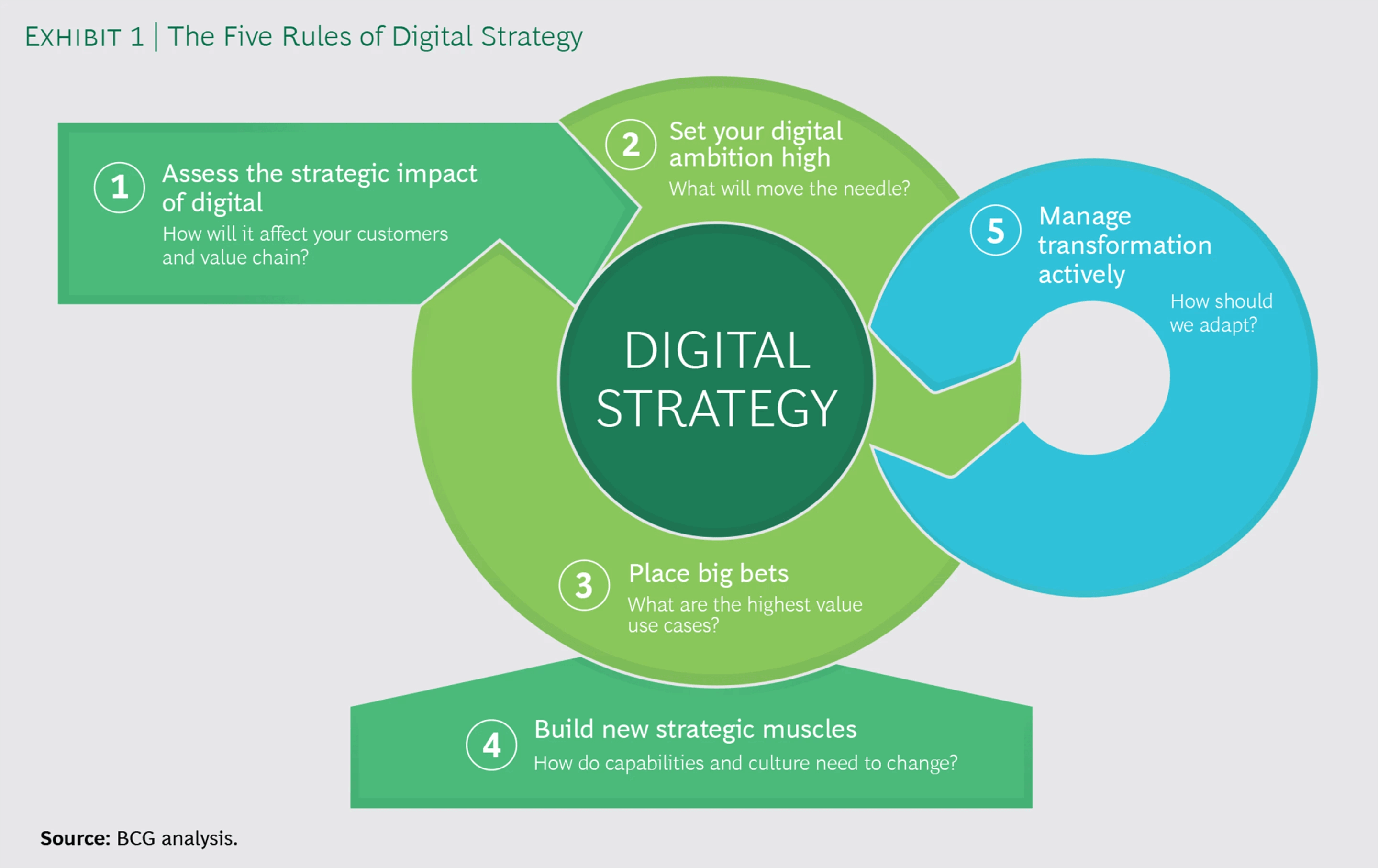In today’s digital landscape, attention is currency. Capturing the interest of your target audience is no easy feat. Enter content marketing – a strategic approach that leverages valuable, informative content to attract, engage, and ultimately convert customers. But where do you begin? This comprehensive guide delves into the world of content marketing, equipping you with the knowledge and tools to craft compelling content that fuels your brand’s success.
What is Content Marketing and Why Does it Matter?
Content marketing goes beyond traditional advertising. It’s a long-term strategy focused on building relationships with your audience by providing them with valuable, relevant content that addresses their needs and interests. This content can take various forms – blog posts, articles, infographics, videos, podcasts, and more.
Here’s why content marketing matters:
Builds Brand Awareness: Consistent, high-quality content establishes your brand as a thought leader in your industry, increasing brand recognition and trust.
Attracts and Nurtures Leads: Valuable content draws in potential customers searching for solutions. By providing helpful information, you nurture leads through the sales funnel.
Drives Engagement and Loyalty: Engaging content sparks conversations, builds communities, and fosters long-term customer loyalty.
Boosts SEO (Search Engine Optimization): Regularly publishing fresh content improves your website’s ranking in search results, leading to organic traffic growth.
Defining Your Content Marketing Strategy
Before diving headfirst into content creation, a strategic roadmap is crucial. Here’s what you need to consider:
Target Audience: Who are you trying to reach? Understanding their demographics, interests, and pain points allows you to tailor content that resonates with them.
Content Goals: What do you aim to achieve with your content? Do you want to increase brand awareness, generate leads, or drive sales?
Content Formats: Choose formats that best suit your audience and brand. Consider blog posts for in-depth discussions, infographics for data visualization, or videos for engaging tutorials.
Content Calendar: Plan your content calendar to ensure consistent publishing and maintain audience engagement.
Content Distribution Channels: Identify the platforms where your target audience spends their time. This could be social media, your website, email marketing, or industry publications.
Crafting Compelling Content
Now that you have a strategy in place, let’s delve into the art of crafting captivating content:
Know Your Audience: Conduct audience research to identify their specific needs and challenges.
Focus on Value: Provide real solutions and insights that address your audience’s pain points.
Be Clear and Concise: Write in a clear, easy-to-understand tone, avoiding jargon and technical language.
Storytelling Power: Weave compelling narratives into your content to connect with your audience on an emotional level.
Visual Appeal: Incorporate high-quality images, videos, and infographics to enhance your content’s visual storytelling.
Optimize for Search Engines: Use relevant keywords throughout your content, including titles, headers, and meta descriptions, to improve search engine ranking.
Content Distribution and Promotion
Creating stellar content is just half the battle. Here’s how to get your content seen by the right audience:
Social Media Marketing: Share your content across your social media platforms, fostering discussions and engagement.
Email Marketing: Promote your content through email newsletters to nurture existing leads and reach new audiences.
Influencer Marketing: Partner with relevant influencers in your industry to amplify your content’s reach.
Paid Advertising: Consider paid advertising options on social media and search engines to target specific demographics and interests.
Guest Blogging: Collaborate with other industry blogs by contributing guest posts to reach new audiences.
Measuring and Analyzing Content Performanfce
Content marketing is not a one-time effort. It’s an ongoing process that requires continuous monitoring and adjustments. Here’s how to measure your content’s effectiveness:
Website Traffic: Track website traffic to see if your content is attracting new visitors.
Engagement Metrics: Analyze metrics like social media shares, comments, and time spent on your website to gauge audience engagement.
Lead Generation: Monitor the number of leads generated through your content, for example, email sign-ups or contact form submissions.
Sales Conversions: Track how your content contributes to sales conversions, allowing you to identify which content pieces are driving revenue.
FAQs: Unleashing the Power of Content Marketing
Q: I’m new to content marketing. Where do I begin?
A: Start by defining your target audience and their pain points. What content would they find valuable? Then, develop a content strategy and calendar, outlining your content types, publishing schedule, and promotion channels.
Q: How often should I publish content?
A: Consistency is key! Aim for a regular publishing schedule, whether it’s daily, weekly, or bi-weekly.
Q: What content formats should I use?
A: The best format depends on your audience and content goals. Blog posts are great for in-depth discussions, while infographics excel at data visualization. Videos are engaging for tutorials and demonstrations.
Q: How can I promote my content effectively?
A: Utilize social media marketing, email newsletters, influencer partnerships, and even guest blogging to amplify your content’s reach.
Q: How do I measure the success of my content marketing efforts?
A: Track website traffic, engagement metrics (likes, shares, comments), lead generation, and sales conversions to gauge your content’s effectiveness.
Q: Does content marketing require a large budget?
A: Content marketing can be highly cost-effective. Start by focusing on creating high-quality content yourself. As you progress, consider paid advertising or content creation services to scale your efforts.
Conclusion: Content Marketing – Your Gateway to Growth
Content marketing is a powerful tool for businesses of all sizes. By consistently creating and distributing valuable content that resonates with your target audience. In today’s digital age, attention is a precious commodity. But what if you could attract a captive audience, eager to learn from you and ultimately become loyal customers? Enter content marketing – your gateway to building a thriving online presence and achieving long-term business success.





2 thoughts on “Content Marketing Masterclass: Attract, Engage, and Convert Your Audience with Powerful Content”